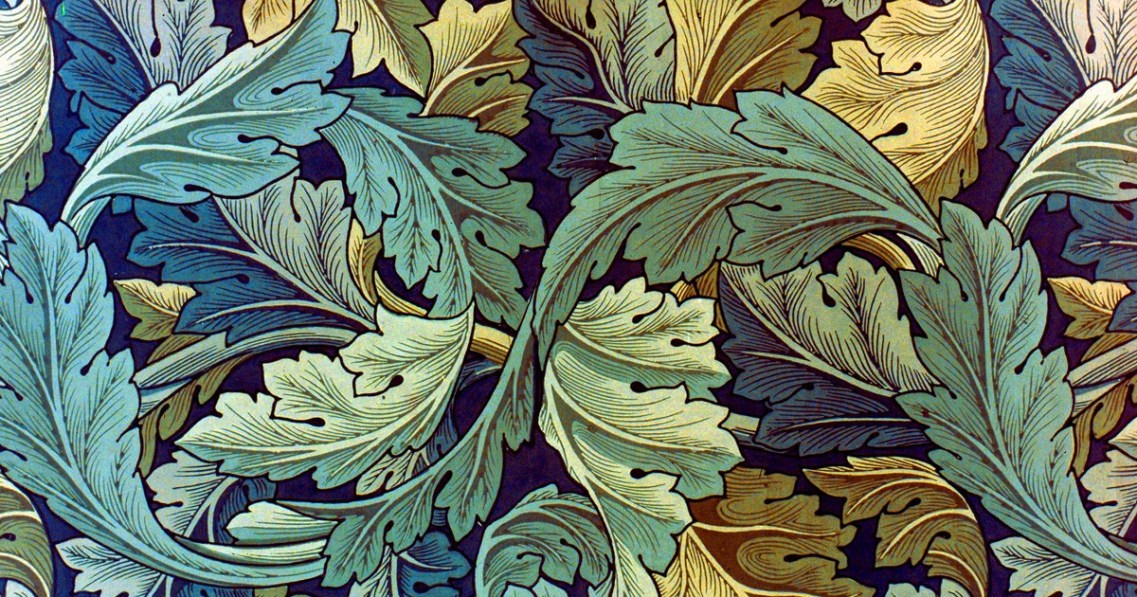This module provides an introduction to the fast-changing world of publishing, and different ways of working with words, anchored in an understanding of past and current trends. Through directed readings and practical assignments, it looks behind the public face of texts to understand the steps that occur after an author 'finishes' a text.
This module works in close cooperation with Discovering Literature by developing key skills for the study of English Literature, such as critical analysis and research skills. It encourages students to think about the range of ways in which London has been constructed in literature and in other cultural forms over the last few centuries. We investigate the imaginative responses to London in a variety of texts, and explore London as a city of constant change, the idea of an urban literary culture, and the methods of psychogegraphy. The module focuses on the historical, cultural and political backgrounds to the texts, and this will include discussions about Victorian London, imperialism, the post-war settlement and the influx of new cultures, immigration, ethnicity, gender, the construction of public transport and the impact of new technologies. The multi-cultural diversity of London is reflected in the syllabus. Students will explore areas of London, in the form of self-organized field trips, and also independently, as material for presentations.
Writing Contexts 2: The Process of Writing encourages second-year students to become fully aware of the processes that drive all creative endeavours, including their own writing. From an initial exercise in free writing, students writers are invited to think about the detailed processes involved in generating their own work and, using a variety of editing skills, to develop the piece of free writing into a polished submission.
This module introduces students to the theories and practice of creative writing at undergraduate level by exposing them to a range of very short forms: ‘flash’ fiction, haiku, mini-screenplays and ‘flash’ nonfiction (including social media forms/’tweets’). The module will engage with ideas of voice and style, ‘inspiration’ and ‘perfection’ and introduce the history of creative writing. Students will learn to select and practice forms suitable for their own creation of meaning. The module will introduce essential study skills: including essay-writing and academic referencing. As a core module, Introduction to Creative Writing 1 expects students to engage with a workshop process, discover and develop an editing method and to build a critical vocabulary about writing. Student-writers will be encouraged to consider their engagement with the world.
This compulsory module sets out to explore theoretical and research-based issues faced by creative writers. Central to discussions about reading, writing, and research will be the concept of “poetics.” Students will use the term poetics in its broadest sense to indicate theoretical discourses that define, modify and inform the writing process. Regardless of their area of specialisation, students’ practical work will benefit greatly from their engagement with an investigation into poetics. A further component of the module is designed to meet the need for guidance on study skills and “critical” writing as forms in their own right. The focus is on academic essay writing and research, but the course has wider relevance to all analytical writing carried out in professional environments. In addition to lectures, a practical session will be scheduled to include library tours, training in the use of databases and preparation for an extended critical writing project. Later, students will apply these concepts and techniques to their dissertations, working with their supervisor.
Assessment
Coursework of 5,000 to 6,000 words, which will include critical essays (100%) OR critical essays (50%) written in combination with a portfolio consisting of prose, poetry, non-fiction, or screenwriting (50%).
This is a year-long course, designed to advise and support students’ independent work on a full-length novel. The course provides students with a flexible template for planning and writing a novel, references a wide variety of theoretical and practical texts and analyses basic novel forms. The aim is to replicate the environment in which successful novelists work, whilst providing substantive guidelines to support the process. This module’s emphasis is on sophisticated characterisation and plotting tools, builds on writing practice learned during second-year fiction modules.
Assessment
A creative portfolio (opening chapters of a novel, up to 4,000 words), plus synopsis (one page). [70%]
Critical analysis (a complete scene by scene/ section breakdown of a published novel, plus accompanying analysis, approx 3000 words). [30%] Both components must be passed.
Welcome to Research Methods
This module examines the ways that writers represent the experience of first and second generation immigrants to Britain.
Working in video games and interactive storytelling can provide a viable, vocational way for writers to write for a living, as well as telling stories that cannot be told in other mediums. This module will take students through the stages and knowledge required to work within the videogame industry, writing content and crafting narratives for a variety of different game types. It will cover the history of interactive and game narratives, and will look at the way that narratives are driving the games industry forward. All students taking the module must be willing/able to play videogames, and a knowledge of the form and its history is important. The module utilises these presentational forms (spreadsheets, narrative descriptive passages, conventional script forms) to enable students to have practical experience in writing for the medium.

